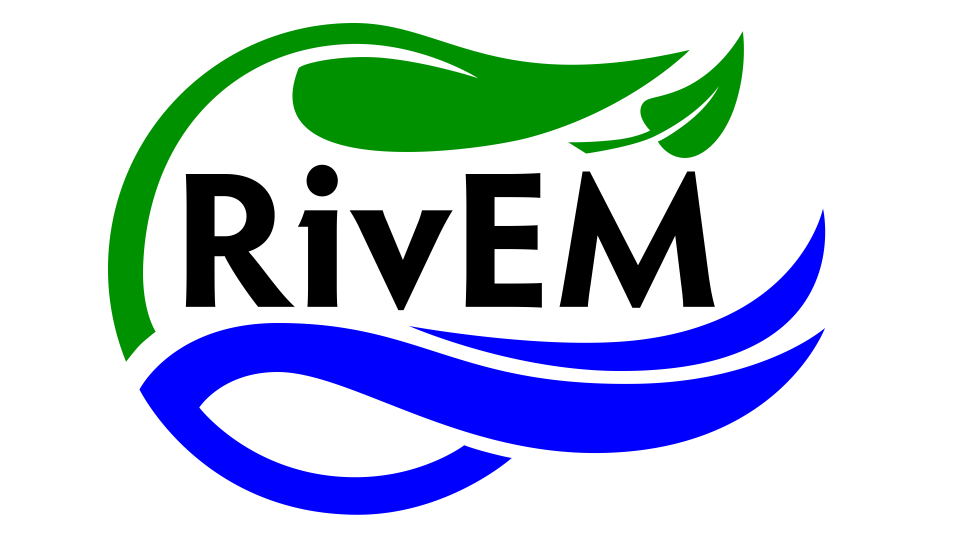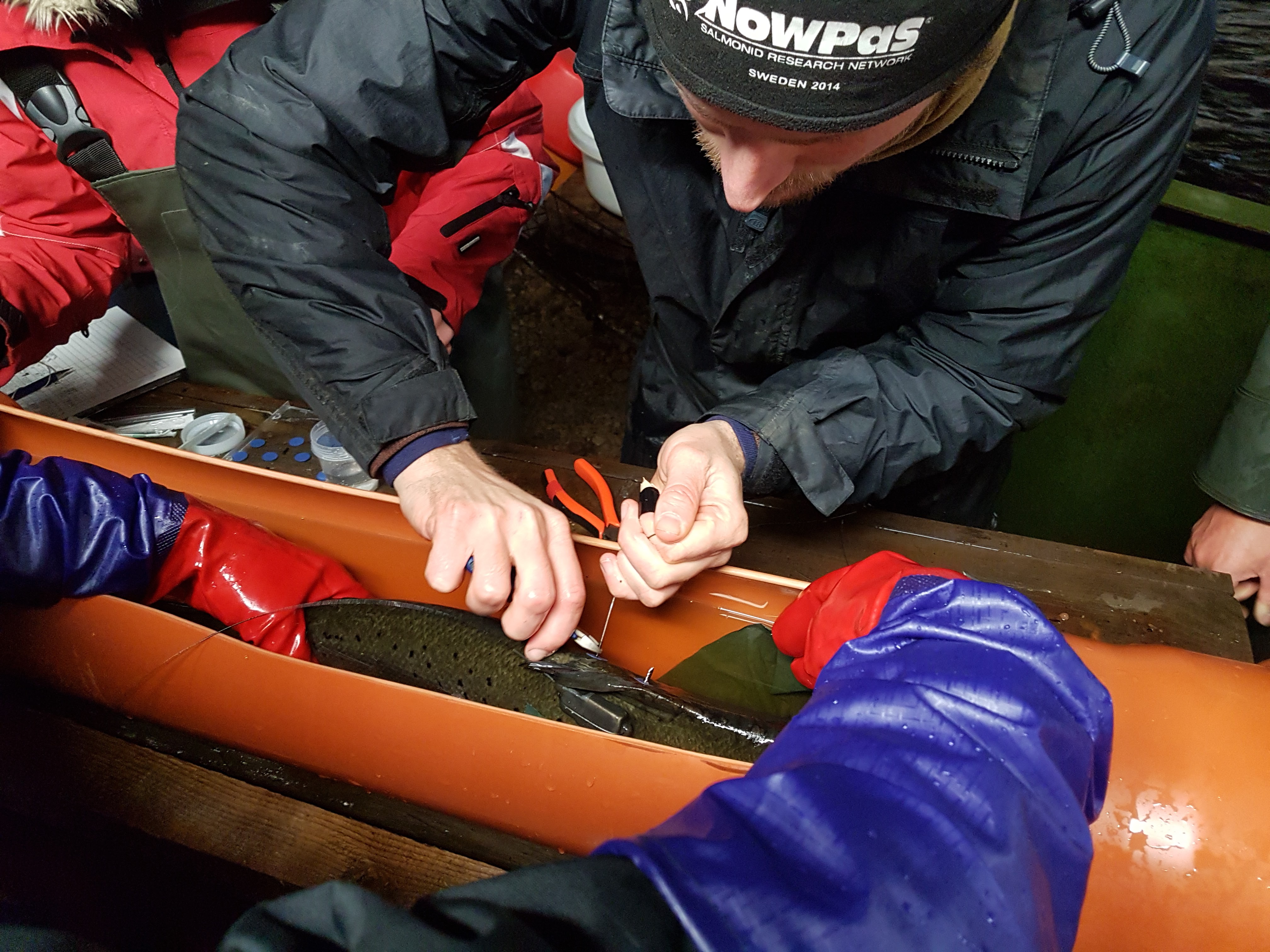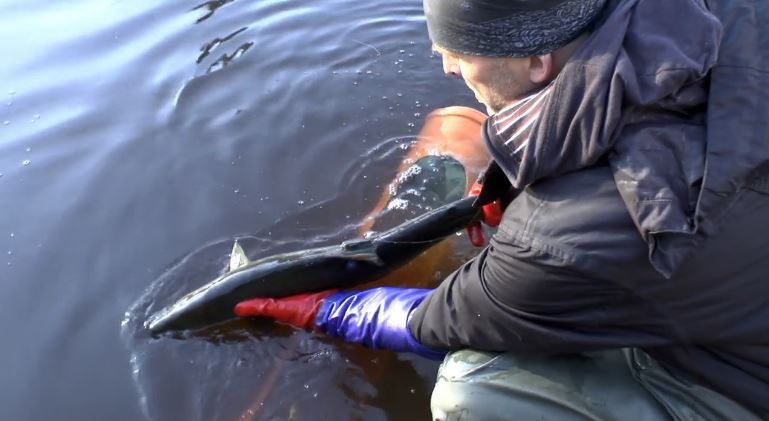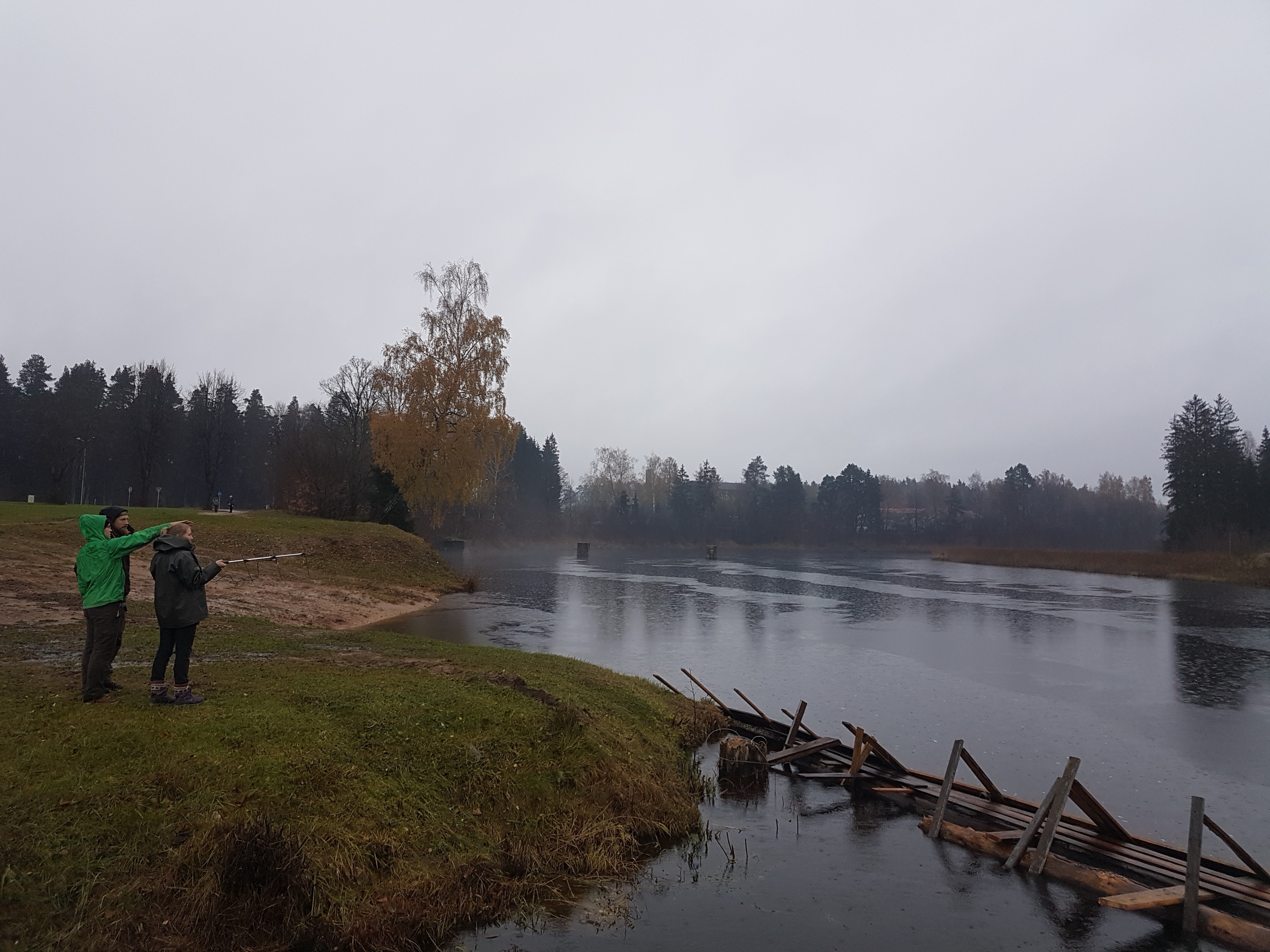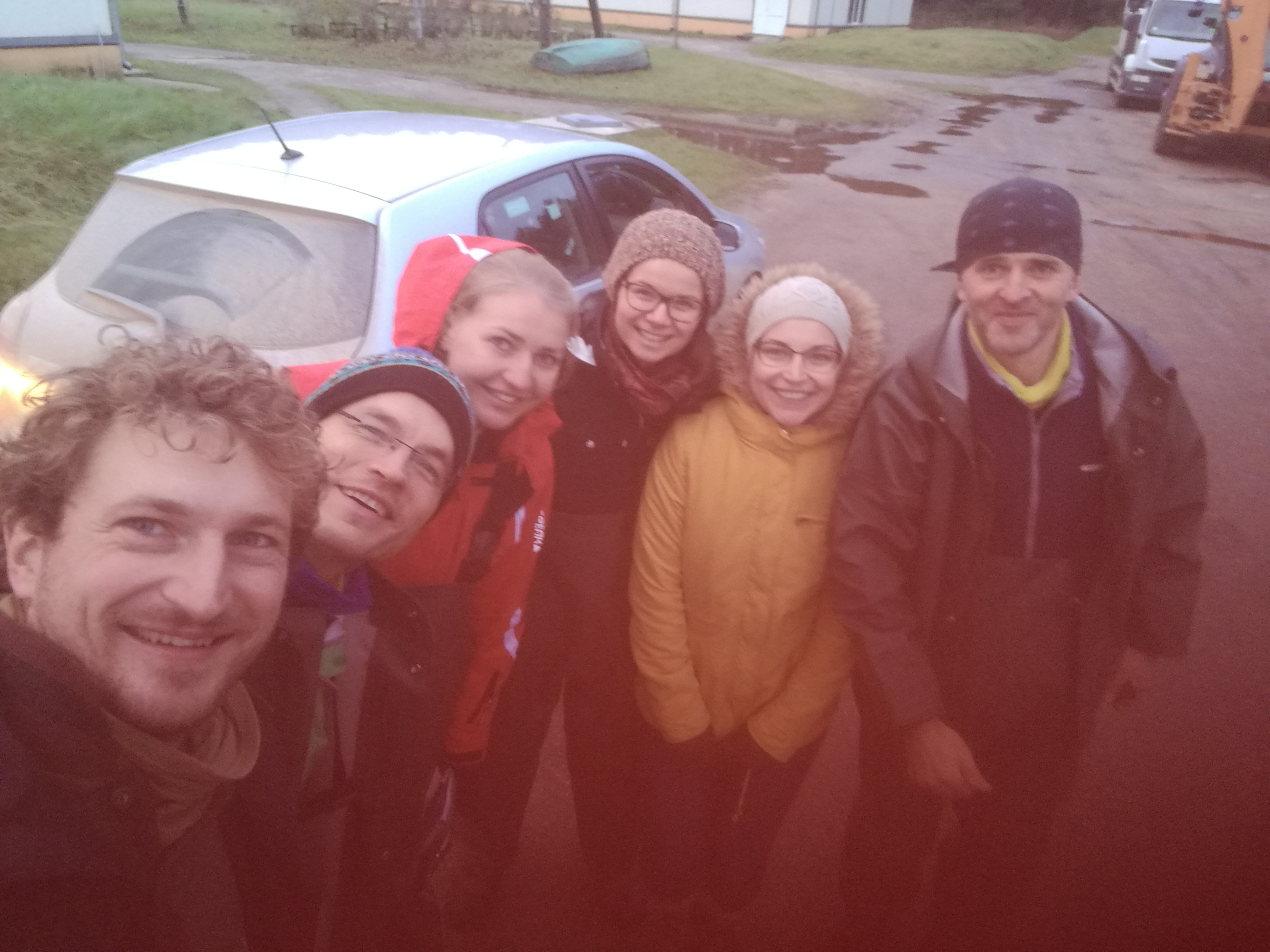The River Daugava flows through Russia, Belarus and Latvia and empties in to Gulf of Riga in the Baltic sea. Historically the river hosted an important Atlantic salmon population. Since the construction of large dams in the mid-20th century, the salmon has lost access to their historical spawning grounds and only a hatchery supported, sea ranched population remains. Salmon, has, however persisted as a cultural, and locally economically, important fish, and now the idea of restoring wild salmon to the River Daugava system is gaining followers.
A trap and transport solution – based on hatchery fish (that is, salmon released in the river as smolts, now returning to spawn) and/or release of eggs and fry – have been discussed as an initial solution. Here, returning spawners would be trapped, transported upstream dams blocking their migration, and released to continue their spawning migration. To study the potential of trapping and transporting returning hatchery fish Karlstad University, the Institute for Environmental Solutions and Latvenergo, are currently studying the spawning migration of trap and transported salmon spawners in the River Daugava. The spawners, caught by the commercial fishery, have been equipped the radiotransmitters and transported upstream of two dams and released in the River Ogre, a tributary to River Daugava. Now, their movements in the river are being tracked using a stationary automatic receiver and manual tracking. Fish are still moving in the river, but preliminary results show some fish gathering at potential spawning grounds, whereas others have fallen behind the downstream dam.
The Latvian tv show “Makšķerē ar Olti” made a short documentary, mainly in Latvian but with informative images, about the study. It is available online here.
In a pilot-study, Oscar Askling studied salmon spawning and fallback behavior in the River Daugava 2014. Results of this study is available in the Master thesis: “A telemetry study for reintroducing wild Atlantic salmon (Salmo salar L.) in the Daugava and Ogre Rivers, Latvia”.
